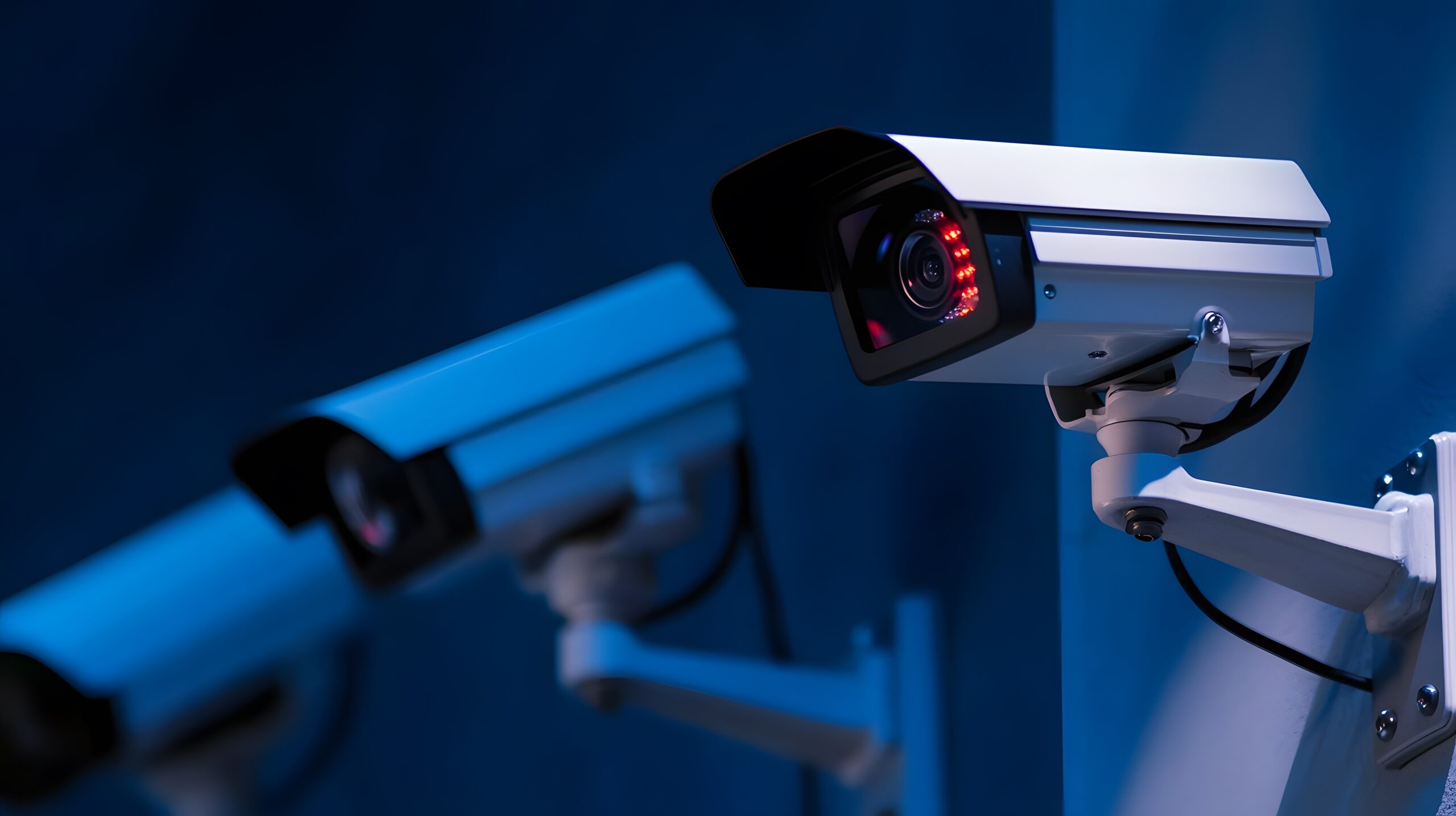By Daniel Oh
The Importance of Surveillance in Private Security
Surveillance and intelligence gathering are critical components of private security operations. Whether protecting a high-profile client, securing a facility, or mitigating potential threats, having accurate and timely information is essential. Surveillance allows security professionals to anticipate and respond to risks before they escalate into full-blown crises. However, with great power comes great responsibility. Effective surveillance must be conducted ethically, legally, and with respect for privacy rights.
Understanding the Ethical Boundaries of Surveillance
One of the biggest challenges in private security is balancing the need for intelligence with ethical considerations. While security professionals must be vigilant, they also have a duty to operate within the boundaries of the law and respect personal privacy. This means avoiding invasive or unlawful surveillance tactics, ensuring informed consent when necessary, and being transparent with clients about security measures.
Security professionals should always adhere to legal guidelines when conducting surveillance. Unauthorized recording, hacking into personal devices, or using deceptive practices can lead to serious legal repercussions. Adhering to industry regulations and best practices not only protects the security professional but also maintains the integrity of the entire field.
Tactical Best Practices for Intelligence Gathering
To be effective, intelligence gathering must be both strategic and discreet. Here are a few best practices security professionals should follow:
1. Establish Clear Objectives
Before engaging in any surveillance operation, it is crucial to define clear objectives. What information needs to be gathered? What potential threats need to be monitored? Having a focused plan prevents unnecessary or unethical surveillance and ensures that efforts are aligned with the client’s security needs.
2. Use Legal and Ethical Methods
Surveillance should always be conducted using legal and ethical methods. This includes monitoring public areas, utilizing security cameras in authorized locations, and gathering intelligence through open-source research. Private investigators and security teams should always be aware of local laws governing data collection and surveillance.
3. Leverage Technology Wisely
Advancements in technology have transformed surveillance capabilities. Drones, facial recognition software, and AI-powered analytics can significantly enhance intelligence-gathering efforts. However, security professionals must use these tools responsibly. AI-based surveillance, for example, must be used with caution to avoid profiling biases or potential misuse of data.
4. Conduct Counter-Surveillance Measures
In high-risk security environments, counter-surveillance is just as important as surveillance. Security teams must be able to identify and neutralize threats posed by adversaries who may be monitoring their operations. Techniques such as route changes, electronic countermeasures, and digital footprint management can help prevent this.
